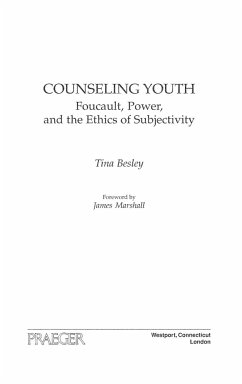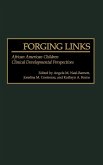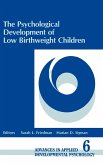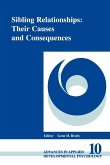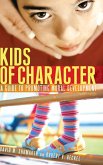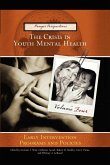The author develops a critical history to examine the nature, limits, and realities of contemporary school counseling, which tends to be student- or client-focused with a nonjudgmental and nondirective ethos. The book is concerned with the shifting notions of self and identity and develops a Foucauldian analysis that examines these inherently philosophical notions in relation to adolescents and youth as the primary clients for school counseling. Using the work of Foucault, this study examines changing notions of the self and identity and how psychological and sociological discourses have conceptualized and constituted adolescence/youth as the primary client in school counseling. Case studies of mental hygiene films in the United States and a moral panic in New Zealand are used to examine how youth were morally constituted in the postwar period-a time when guidance counseling emerged in Western countries such as the United States, the United Kingdom, Australia, Canada, and New Zealand. The author uses Foucault's notion of governmentality to critically examine how counseling professionalized itself as a disciplinary body. The work examines the impact of neoliberalism and the new managerialism, with its demands for increased professional accountability and performance management as exemplified in various ways by professional associations such as ACA, ASCA, and NZAC. Finally, the narrative therapies of Michael White and David Epston are examined as a new poststructuralist therapy, strongly influenced by Foucault, that offers a substantial promise not only for school counseling, but for the whole school climate. Narrative therapy challenges liberal humanist notions of the self that are embedded in the psy-sciences and the assumption that therapy is a neutral activity. As an inherently political activity inscribed by power relations, narrative therapy addresses issues of truth, power relations, and the ethics of subjectivity.
Hinweis: Dieser Artikel kann nur an eine deutsche Lieferadresse ausgeliefert werden.
Hinweis: Dieser Artikel kann nur an eine deutsche Lieferadresse ausgeliefert werden.

